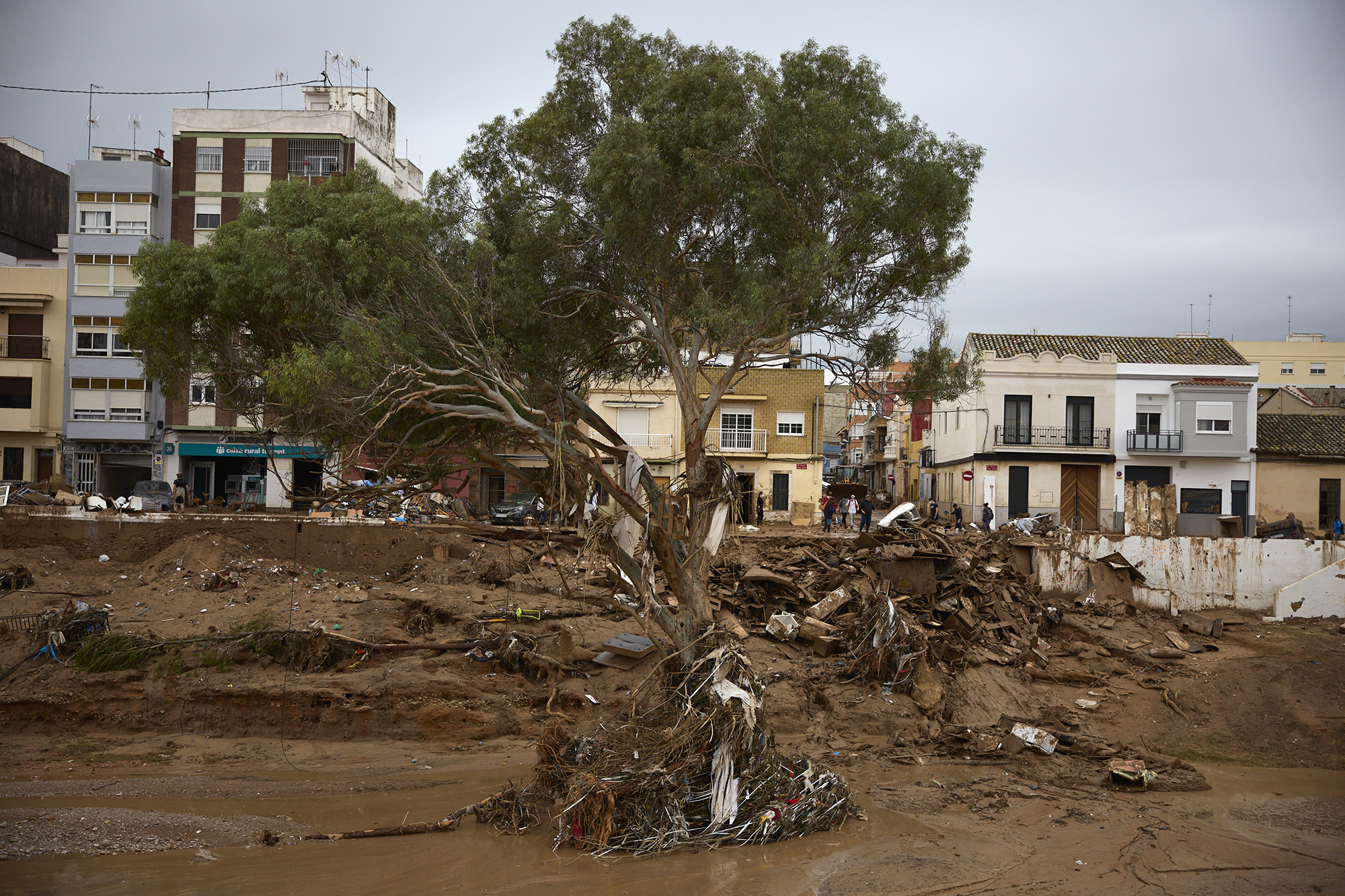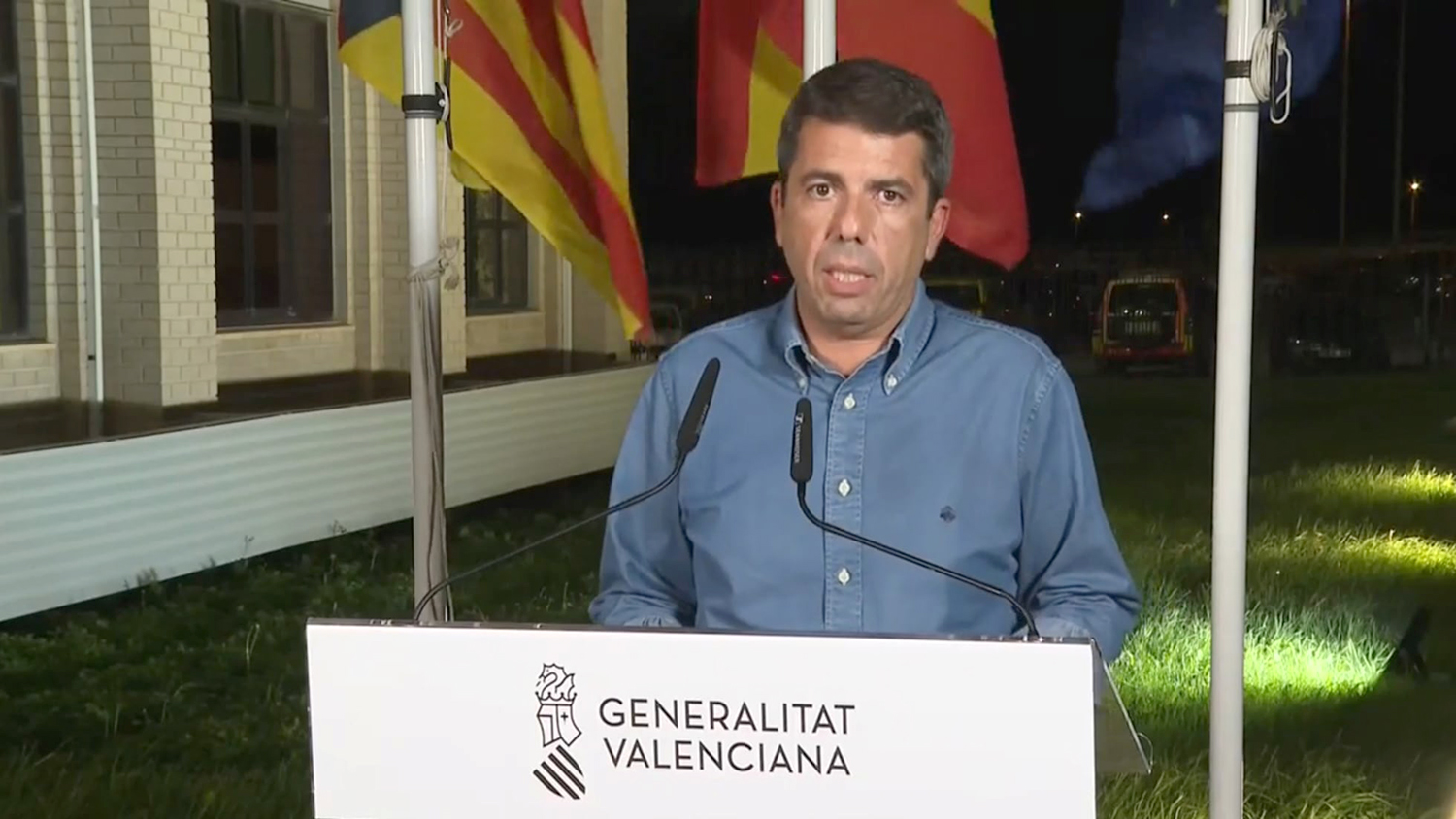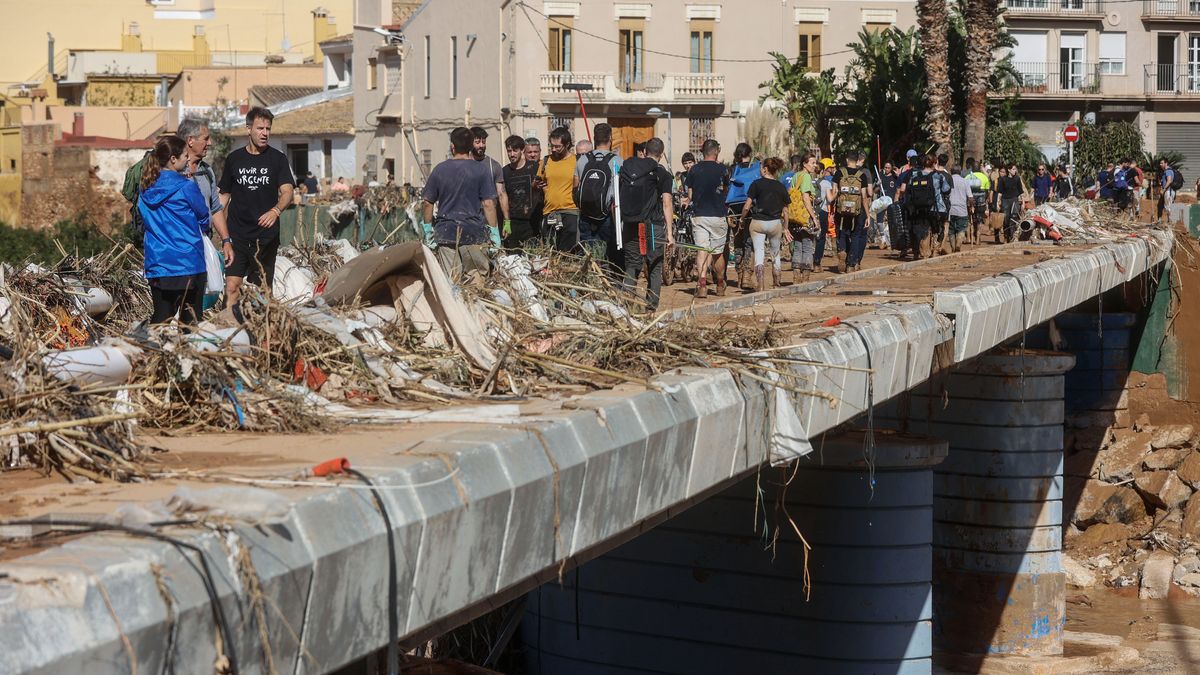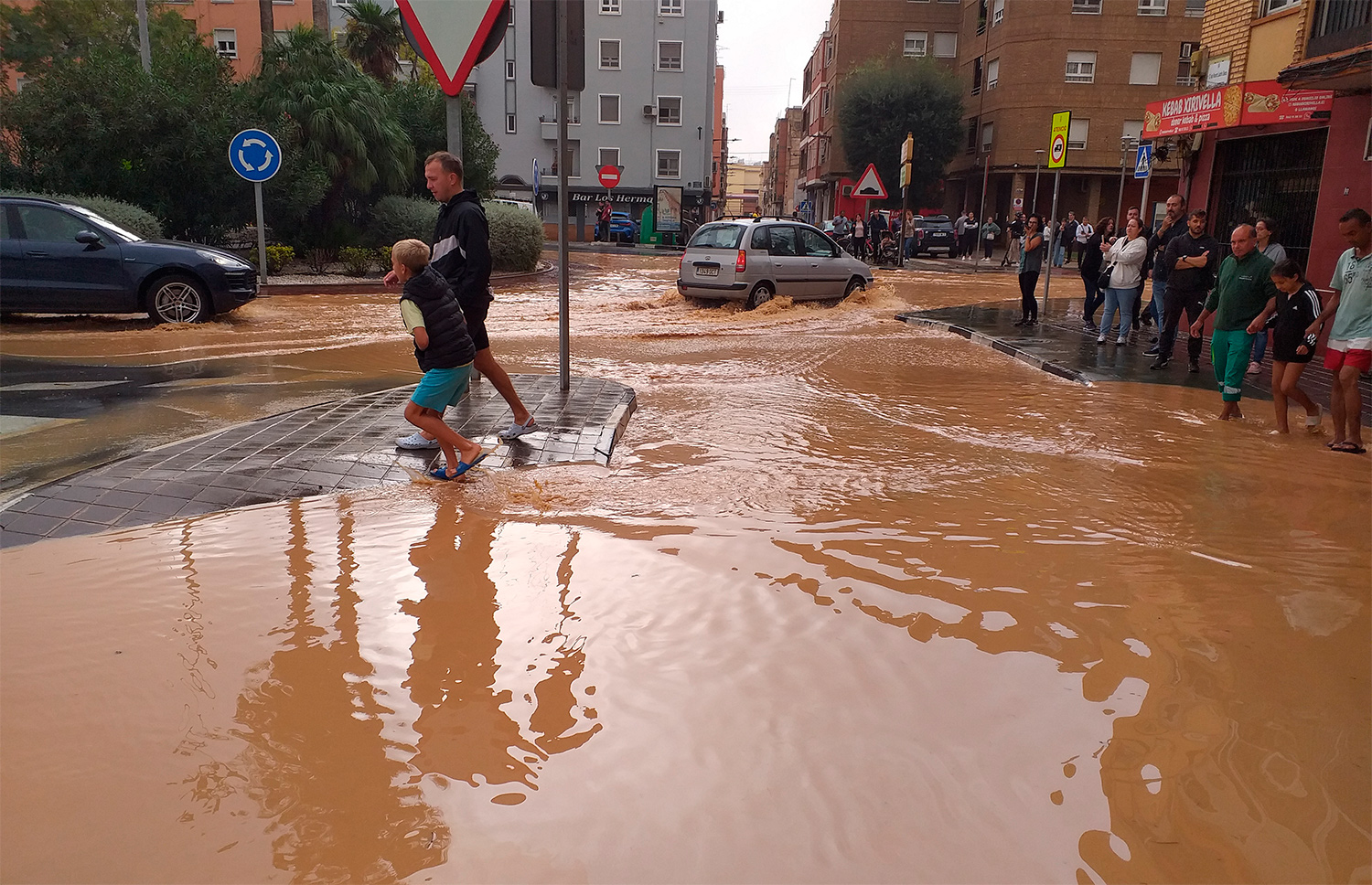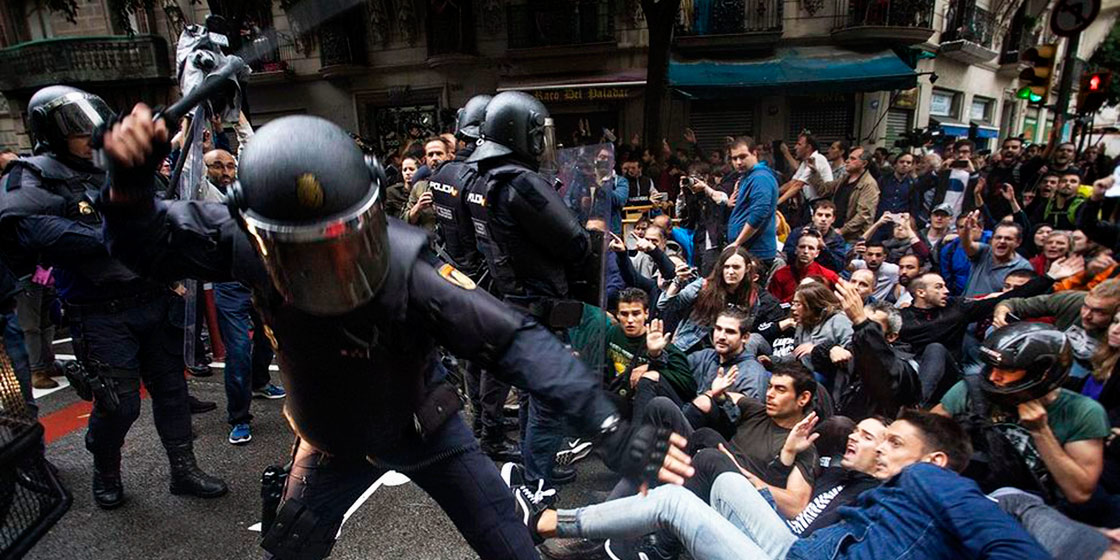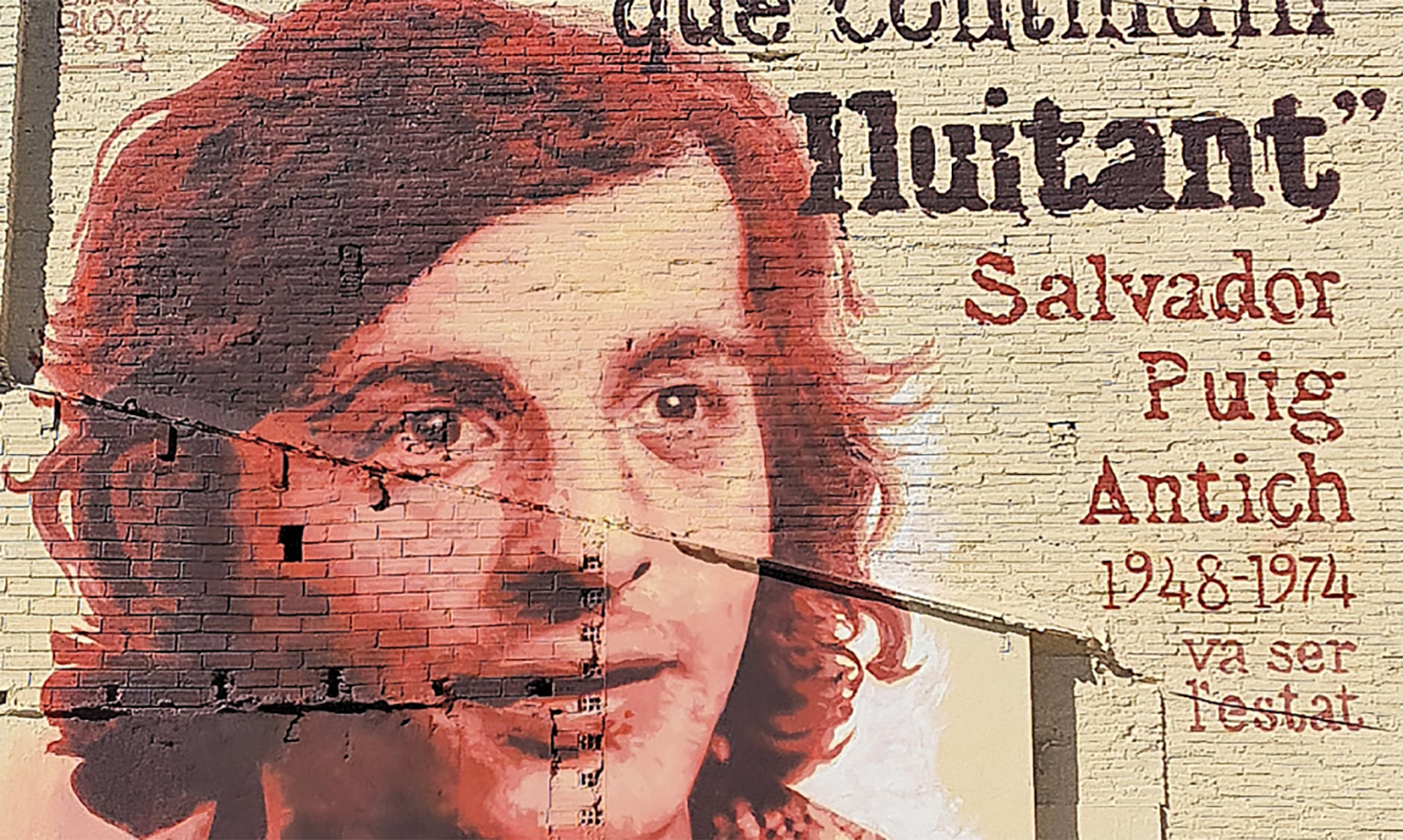How has independence been placed before the reform of the crime of sedition?
- The reform of the Spanish Penal Code is a "great achievement" for the ERC. Junts and CUP, Omnium Cultural and ANC have been deeply critical. ANC calls for a mobilisation against the reform for the Spanish Constitution Day. Statements have also been made by the leaders of PNV and EH Bildu. We have received reactions.

The reform of the sedition crime announced by Pedro Sánchez on Thursday night has resulted in a long chain of reactions. The reform eliminates the crime of sedition to replace it with a new crime: “Serious public disorder.”
If the sedition allowed the imprisonment of up to 15 years and disqualification, with the new crime the maximum penalty is five years of imprisonment and eight years of disqualification: “Those who, acting as a team and attacking public peace, use violence or intimidation: acting against people or things, obstructing public roads, endangering people’s lives or health, or invading facilities or buildings shall be punished with imprisonment for six months to three years. The facts described in the previous paragraph shall be punished by imprisonment for three to five years and disqualification from public office by acts of many in the amount, organization and conduct of acts aimed at seriously harming public order. If authors are constituted as an authority, the penalty of disqualification shall be six to eight years.”
Contrasting versions
The ERC has valued the reform of the Penal Code as an important step in the de-judicialization of the conflict and in the reduction of repression. However, the other major forces in the Catalan countries have raged the ERC agreement with the Spanish Government. Among other things, they have denounced that the events of October 2017 would continue to constitute a crime, and that they could be a tool for increasing rather than reducing repression, as, even if extreme penalties go down, they allow them to be applied to all citizens.
On Friday morning, the president of the Generalitat, Pere Aragón, appeared to support the reform. Aragon has argued that reform is a “vital achievement”, “an important step towards finding a solution to the political conflict”. He states that it is a “breakthrough” in the field of “rights and freedoms” and that it is the result of discussions with the Government of Spain.
“The solution to the serious public disorder can be worse than the disease of sedition,” writes Laura Borras, president of Twitter’s Junts Per Catalunya.
CUP Member Carles Riera has denounced that the reform will not benefit 99% of citizens suffering repression, but a minority and “partially”. For the CUP the agreement is the result of a “card game” for the ERC to approve the Spanish budgets.
Toni Comin, who served as ERC counselor in the government of Puigdemonte, has spoken since the exile of the repressive risks of the reform in an interview given to the environment El Nacional: “Perhaps yes, for those of us in the leadership, the penalties that would require us would be lower, not fifteen years, but five years, but that is a personal benefit of the leaders; for the bases of independence the reform of the crime of public disorder is very bad news, because the basis of repression has just been widened. If the Penal Code was being used irreverently to frighten the independence bases and stop the mobilization of the independence movement, this reform of the criminal type of public disorder continues to provide more weapons to the judiciary to continue pursuing the bases.”
Mobilising NCA against
In the words of the president of Òmnium Cultural, Xavier Antich, the reform is a step further in the “criminalization of political dissent” and in the “pursuit of the right to protest”, even beyond independence. Dolors Feliu, President of ANC, pointed out that the reform has two objectives: “Punish independence mobilization at street level” and “more comfortably curb acts like those of 1 October.” ANC calls for independence parties to “fight” against reform and announces a demonstration for December 6, Spanish Constitution Day.
Positions of the PNV and EH Bildu
In Euskal Herria, among others, the leaders of the PNV and EH Bildu have made statements about this. “The melody is good, but we, rather than crimes, prefer to regulate rights,” said Andoni Ortuzar. The president of the PNV has stated that the reform is “proportional”, but beyond that an agreement is needed to regulate in Spain the “right to decide of the national communities”.
“As a regular customer of Spanish prisons, I know the difference between fifteen and five years. I think it is good news, and it is the first step, but there are still others to do,” said Arnaldo Otegi. According to EH Bildu’s general coordinator, the State must “understand” that it cannot oppose anyone for “putting polls to decide their future.”
Article 155
In the midst of this chain of reactions, on Sunday the president of the Spanish Government, Pedro Sánchez, interviewed the newspaper La Vanguardia. Sánchez stresses that reform does not mean impunity.
“He will have to face the crimes committed in 2017,” he says about Carles Puigdemonte, in exile. Sanchés defends Article 155 criticizing the PP for not having been used before in the time of the referendum. One of the most “serious” errors of the PP was “to leave the response to the institutional crisis in the hands of justice,” he says.
25 October. The Valencian Meteorology Society has announced that next week a cold drop from high temperatures could cause torrential rains in Valencia. Day by day, the forecasts are confirmed, and on 29 October, in the early morning hours, the State Meteorology Agency has... [+]
Hogeita hamaika suhiltzaile nafar joan dira Valentziara, uholdeen ondoko garbiketa lanetan laguntzen, Horietako bat da Iñaki Sexmilio. "Zenbait lekutan gurea izan da iritsi den lehen laguntza taldea, herritarrak oso eskertuta daude", azaldu du Metropoli Forala... [+]
We have known fraud from a redoubling study. The organizers of the Copa América de vela that is being held in Barcelona have published a video in which the hearings and visitors fail. The issue is having remarkable social and political relevance, as these falsified data have... [+]









